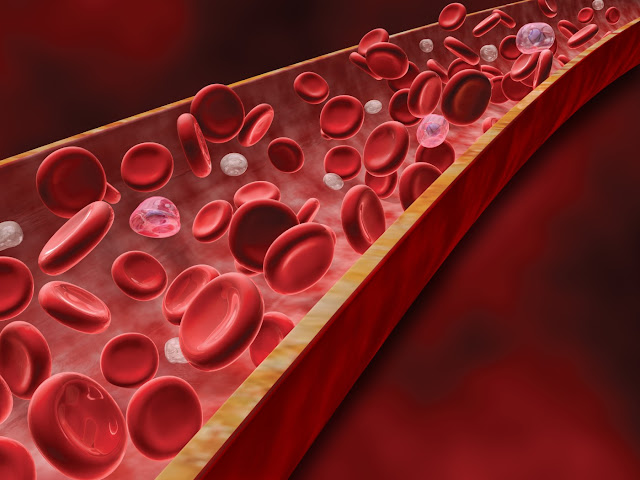Hematology Refers To the Advanced Study of Blood Disorders and Related Issues
Hematology is a branch of medicine that studies diseases related to the blood. This field focuses on the development and treatment of diseases that affect blood vessels, including leukemia, cancer, and other blood-related problems. Hematology also focuses on the treatment of blood-related infections. This branch of medicine offers a wide variety of career opportunities.
Hematologists
are a valuable resource for people dealing with various blood disorders,
including blood cancer. They work to prevent and treat disease by finding the
source of the problem and treating it. Their specialty also involves
understanding the anatomy and physiology of hematopoiesis, monitoring blood
cell abnormalities, and interpreting and classifying blood-related conditions.
Community
hematology provides quality care close to home. This approach allows patients
to stay close to their family, friends, and larger support networks. A
diagnosis of a blood disorder can be stressful and emotionally taxing,
especially if the illness has a long duration. A local hematology center can
offer the support that a patient needs to cope with their condition.
Patients
can expect to receive expert care from a hematologist who has extensive
training and experience in the field. These hematologists work in conjunction
with other medical specialists in the field to provide leading-edge diagnoses
and treatment for each patient. They also conduct research at the cutting edge
of science to develop new treatments for blood disorders.
In
regions such as the United States, the high prevalence of blood cancer issues
has increased the usage of Hematology.
For instance, according to the Leukemia & Lymphoma Society, in 2021, there
were around 186,400 new cases of blood cancer in the United States. Hematology
is a branch of internal medicine that focuses on the diagnosis and treatment of
blood diseases. It often overlaps with oncology. As such, many hematology
training programs prepare internists to diagnose and treat patients with a
range of hematological disorders, both cancer and non-cancerous.




Comments
Post a Comment